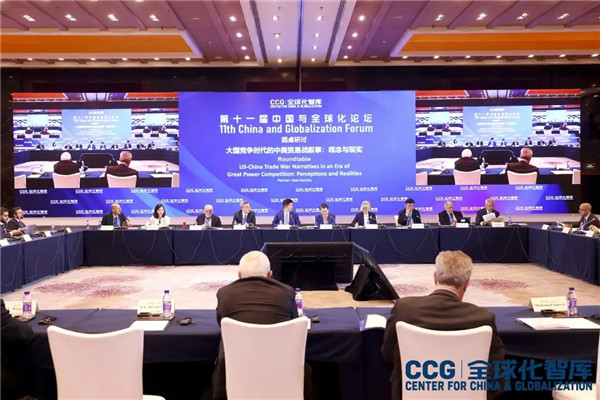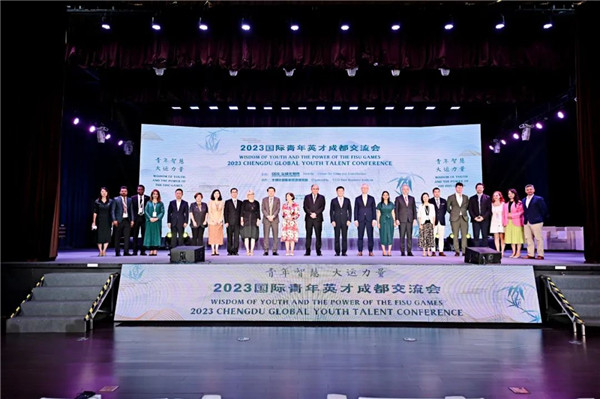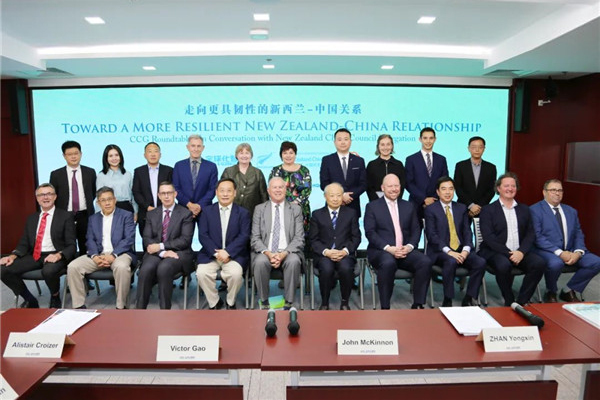DOC webinar: Geopolitics after the pandemic: Time for a reset?
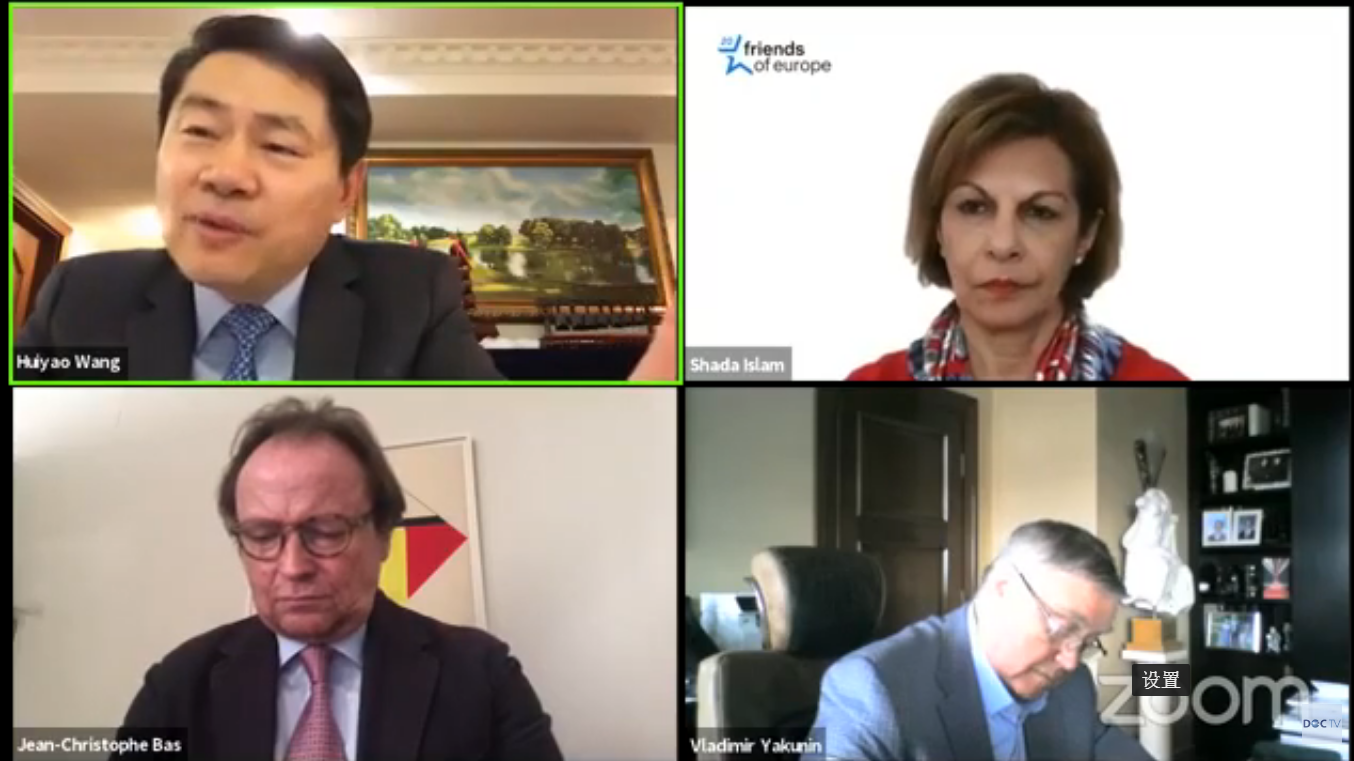
[YouTube]
On Tuesday 21 April, Dialogue of Civilizations held the second webinar in its series title “Global Pandemic: The Way Forward”. The second discussion focused on the impacts of the COVID-19 crisis on geopolitics and the implications thereof for world order.
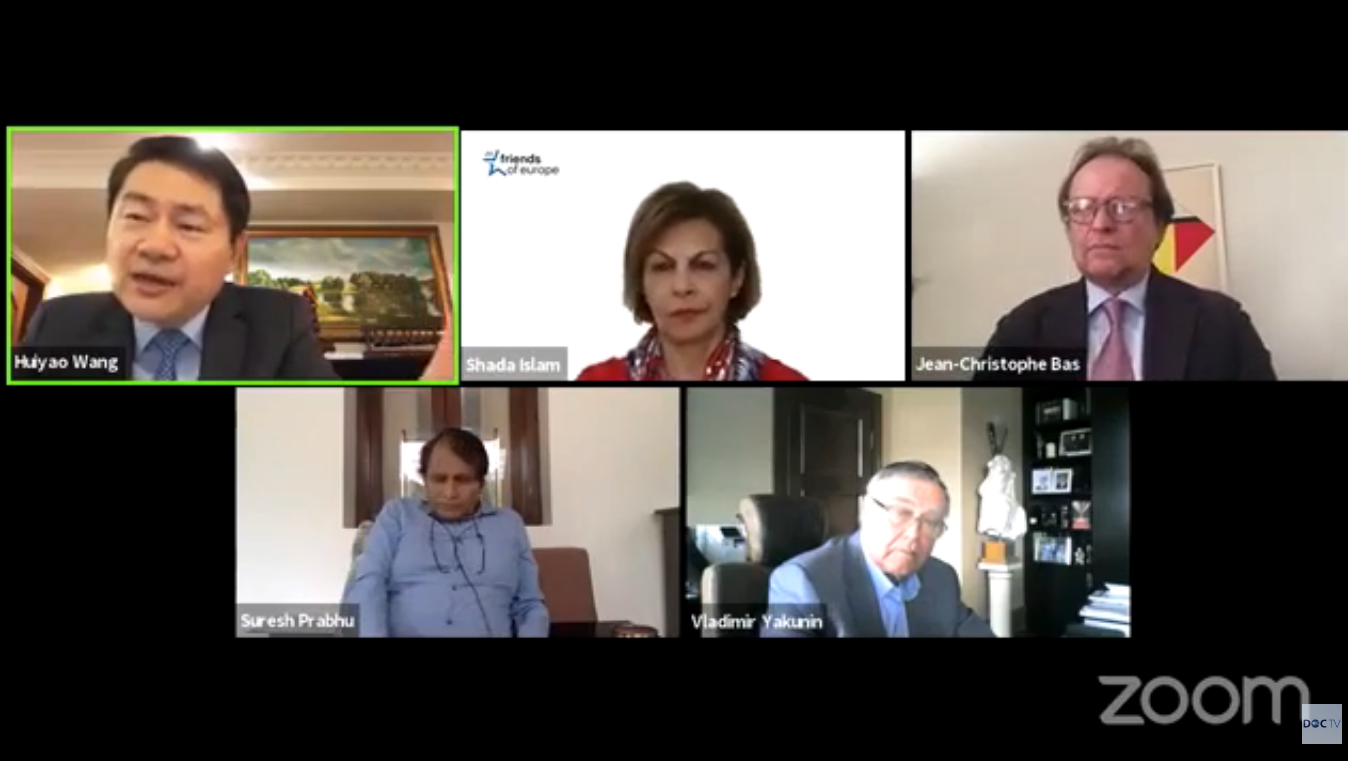
DOC CEO Jean-Christophe Bas chaired the discussion. He was joined by the panel of experts including Shada Islam, executive director of Brussels-based think tank, Friends of Europe, Dr Wang Huiyao, founder and president of the Center for China and Globalization(CCG) and member of the supervisory board of DOC, and Suresh Prabhu, India’s Sherpa to the G20.
Mr Bas introduced the topic and the key questions to the panelists. The questions for discussion included: if and how the crisis will exacerbate tensions between US and China? Will it lead to a reconfiguration of world order? Will it weaken or strengthen multilateral cooperation? How might we mitigate the escalation of suspicion, or the rise of nationalist discourses which could lead to dangerous calls for retaliation?
Dr Huiyao Wang launched the discussion, raising the point that globalisation faces an unprecedented threat. He raised the question of what will happen after COVID-19 and stated that globalisation should and will continue. De-globalisation, linked to the wave of populism and nationalism sweeping across the world, is a threat to global order. “We are all global villagers”, he added, “with our destinies interlinked”. Global trade is under grave threat: We are facing de-coupling, while tourism and many other industries have stopped entirely. He emphasised that a global value chain must continue. Dr Wang maintained that it is not the end of history, and that tolerance of different models should be encouraged, whilst learning from one another’s successes and mistakes. Furthermore, he pointed to the fact that global public health governance needs strengthening and this crisis reminds us how important this is. Multilateral action must continue, he stated.
Ms Islam highlights that the COVID-19 crisis for humanity is three-fold. We are facing a health crisis, a risk of global economic depression, and also a risk of declining multilateral cooperation in the context of rising nationalism. With regard to the geopolitical crisis, Ms Islam pointed to the toxic US-China relations. National leaders acting self-interestedly, she added, are engaged in blame-games which are not helping the geopolitical situation. Neither are war metaphors. International cooperation is being hampered by this, she added, while collaboration on the search for a vaccine, and provision of public health goods suffer as a result. Transnational institutions are struggling; the United Nations Security Council (UNSC) has not been able to meet about the crisis, whilst the World Trade Organisation (WTO) is left in a very fragile state and the World Health Organisation faces international criticism.
However, Ms Islam maintained that she is cautiously optimistic. She believes that the world and multilateral institutions will emerge stronger after the pandemic. Looking ahead, Ms Islam hopes for a transformative “Bretton Woods moment”, where new multilateral frameworks can take shape.
Mr Prabhu, in agreement with Ms Islam, stated that the global governance crisis is made more acute by the pandemic. He points to the inefficacy of the UN, and the existential crisis within which the WTO finds itself. We talk of great depression, Cold War, but these things have not affected the world the way COVID-19 has, he said. Mr Prabhu showed concern about the huge social costs of the crisis, and the proper functioning of international organisations. He called for greater action on behalf of the most vulnerable communities and for exploration of technological options to tackle the pandemic. Humanity is far more integrated than at any point in the past, he added. “It’s not just the markets that are integrated – societies are also integrated in some form or another. Technology has made it possible that whatever has happened in a remote part of the world gets into your drawing room the same morning”, he said. We are integrated emotionally and socially, so we must find out how to deal with this human crisis, and find ways to deal with it in a humane way.
Guests from around the world posed questions to the panel of experts, raising topics such as the Belt and Road Initiative, the pandemic’s impact on global inequalities, and the EU’s reaction to the pandemic. In response to the former, Mr Wang reinforced that whilst the global value chain will suffer temporarily, China’s infrastructure is still strong, and its globalisation and BRI projects will not stop. New infrastructure, e-commerce, 5G, and further digital technologies will benefit interconnectivity, and aid developing countries in the aftermath of the crisis. Ms Islam, in response to Mr Wang, affirms that BRI, whilst very important and possessing the greatest economic clout, is not the only connectivity plan. There are other plans around the world: Japan, EU, and ASEAN have their own connectivity projects, and we need to ensure that these projects act multilaterally, defining the norms and standards by which international connectivity proceeds.
With regard to the European response to COVID-19, Ms Islam admits that it was very slow, and solidarity was rarely shown. Furthermore, she asserts that war metaphors, commonly used by male politicians are not appropriate for this moment. Martial discourse of winners and losers detracts from the fact that this issue requires global cooperation. Within the EU, she says, economic nationalism is very dangerous and constructs barriers which undermine European unity. Transforming the way we think and speak, she said, will affect the way we act, and hopefully Europe will find its leadership destiny in this critical moment.
Dr Vladimir Yakunin, Chairman of the DOC Research Institute, highlighted in his concluding remarks, that the DOC has been promoting the idea of solidarity and equality between civilisations. He affirmed “that solidarity should become the essence of global politics”, whilst globalisation should “not continue as globalisation of dominance, but should become a globalisation of solidarity.”
Throughout the month of April, the DOC is holding three webinars with speakers from around the world exploring the consequences of the coronavirus crisis and its potential transformational effects in the longer term. Join us for our next webinar on cultures, civilisations and humanity in dialogue on 29 April at 1pm CEST.
LocationBeijing
